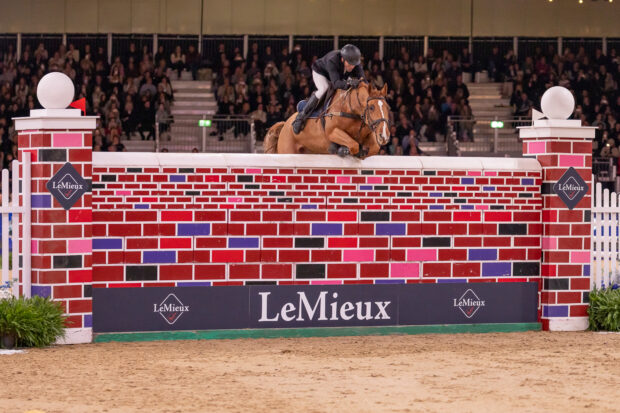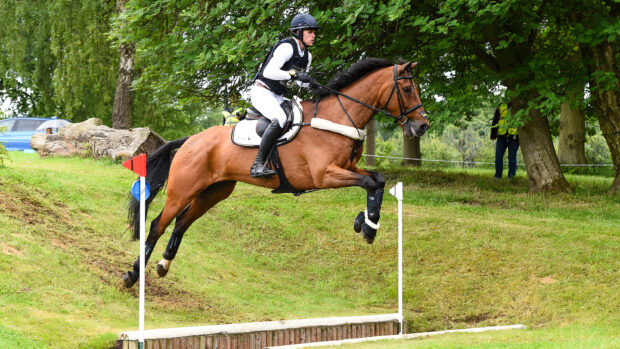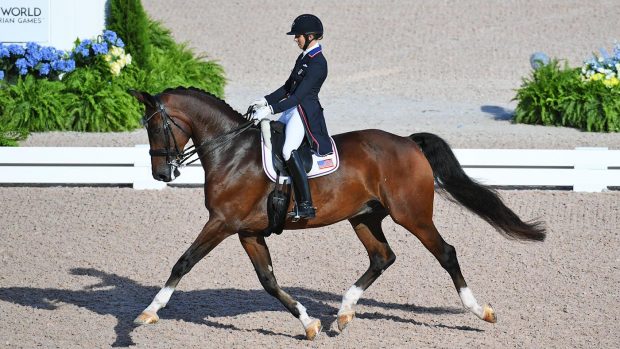Some routine veterinary work, including vaccinations, may take place under current movement restrictions, if social distancing guidelines can be met – but owners are reminded practices will not be operating on a “business as usual” basis.
The Royal College of Veterinary Surgeons (RCVS) has provided new guidance in a flowchart to allow vets to determine which services they can carry out, leaving it to vets to use their own judgement on what they can offer.
On 10 April the British Equine Veterinary Association said based on the RCVS guidance, BEVA will not tell its members which procedures can and cannot be done.
“Vaccination for example might be safe in one situation, and completely unsafe and unjustifiable in another,” said BEVA chief executive David Mountford.
Mr Mountford advised vets to look at a proposed procedure and use their own professional judgement to decide whether treatment can be delayed – or a problem dealt with over the phone. He said vets should risk-assess every visit and record justification if they do decide to attend a call, but added they should not make a visit if they cannot mitigate the risks.
Mr Mountford added that if a vet has decided not to attend a call, another practice should not then attend, without having agreed it with the original practice. He said even within teams, individuals may have different but equally valid professional opinions on attending a call.
“No one should be being pressurised to attend a call if in their own professional judgement they don’t believe it is appropriate or justified,” he said.
Article continued below…

New research reveals the impacts of lockdown on horse management
The survey launched on 26 March received more than 6,000 responses in 10 days

‘Don’t give your vet the virus’: video series aims to help horses, owners and vets

Subscribe to Horse & Hound magazine today – and enjoy unlimited website access all year round
RCVS president Niall Connell said there will be certain limitations on available veterinary services.
“Practices will not be operating on a ‘business as usual’ basis because they will be trying to keep the amount of face-to-face contact to a minimum,” he said.
“We ask members of the public to trust, as we do, the professional judgement of veterinary practices as to what treatments are necessary and what can be safely and appropriately carried out.”
Pet vaccinations for small animals can also go ahead under the British Veterinary Association’s guidance, but the body said this does not mean all vaccination now have to be, or should be, carried out; vets should assess each case individually.
Would you like to read Horse & Hound’s independent journalism without any adverts? Join Horse & Hound Plus today and you can read all articles on HorseandHound.co.uk completely ad-free




